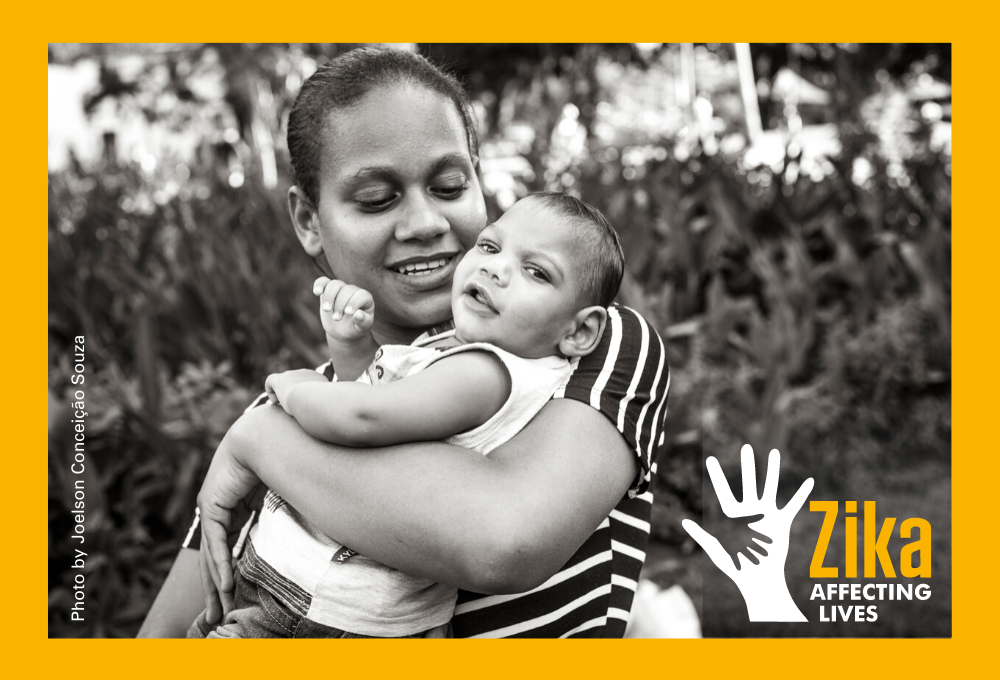Expo Zika: affecting lives
2018
- Global Health Histories Seminar 111: Zika
Nísia Lima (Fiocruz), João Nunes (University of York), & Gustavo Matta (Fiocruz).
This seminar focuses on the Brazilian experience of the Zika epidemic and the lessons that can be learned. The speakers consider the challenges to improve scientific and political coordination to enhance the right to health during future epidemic threats; the potential and pitfalls of community-centred responses to the Zika epidemic; and the need to improve social movements’ participation in science and policy-making process before and during public health emergencies.
- Semeando Vidas: Práticas integrativas e complementares da saúde.
Vídeo produzido durante o IV Encontro Nacional de Agroecologia (ENA), realizado entre os dias 31 de maio e 3 de junho de 2018, em Belo Horizonte, Minas Gerais. O material faz parte do projeto "Movimentos Sociais Femininos e a Resposta à Síndrome do Zika Vírus", uma parceria entre Fundação João Pinheiro (FJP), Instituto René Rachou (Fiocruz Minas) e University of York (Reino Unido).
2019
- What lessons should researchers learn from the Zika outbreak?
Germana Soares, leader of União de Mães de Anjos, the ‘United Mothers of Angels’, a campaign group for women whose babies are affected by Zika virus
Vanessa Aguiar, a representative from the campaign group Anjos de Minas (‘our angels’), another campaign group for Zika-affected families
João Nunes, professor of political science at the University of York
Hannah Kuper, head of the Disability Research Group at the London School of Hygiene and Tropical Medicine
Gustavo Matta, general coordinator of Zika Social Sciences Network, Brazil
- Social campaigning and public engagement around Zika
Gustavo Matta, general coordinator of the Zika Social Sciences Network has been working with communities affected by Zika to learn about their perspective on the disease and its impacts on his life. In this video, he talks to Mesh about the mistakes that were made by Western researchers with Zika-affected communities.

